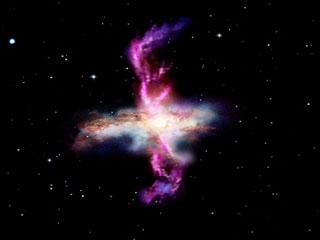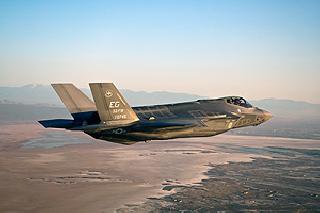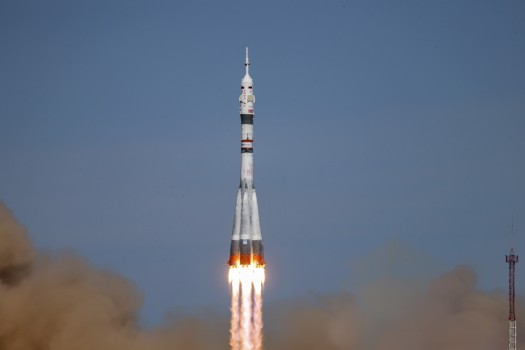
An artist�s impression showing a galaxy with a molecular outflow. Photo: ESA
PARIS (BNS): Herschel infrared space observatory has found raging winds of molecular gas streaming away from galaxies.
According to researchers, these outflows may have the power to strip galaxies of gas and halt star formation in its tracks.
In the study Herschel has detected extraordinary winds. The fastest is blowing at a speed of more than 1000 km/s, or about 10 000 times faster than the wind in a terrestrial hurricane.
This is the first time that such molecular gas outflows have been unequivocally observed in a sample of galaxies.
“With Herschel, we now have the chance to really study what these outflows mean for galactic evolution,” ESA quoted Eckhard Sturm from the Max-Planck-Institut für extraterrestrische Physik in Germany, the lead author of this work as saying.
They infer that 1200 times the mass of our Sun is being lost each year from the galaxies with the most vigorous outflows. That is enough to strip them of their entire reserves of star-forming gas within one million to 100 million years.
These winds could be generated by the intense emission of light and particles from young stars, or by shockwaves from the explosion of old stars. Alternatively, they may be triggered by the radiation given off as matter swirls around a black hole at the centre of the galaxy.
The fastest winds appear to be coming from the galaxies that contain the brightest ‘active galactic nuclei’, in which a giant black hole is feeding from its surroundings
Elliptical galaxies are vast islands of stars that have now stopped producing appreciable numbers of new stars because they have exhausted their gas supplies.
As smaller galaxies interact and merge with each other, more food is supplied to the central black hole in the combined nucleus, making it larger and more active. This could result in a more powerful wind, which removes the molecular gas and prevents any further star formation taking place, thus leading to an elliptical galaxy.
 Previous Article
Previous Article Next Article
Next Article













The Indian Air Force, in its flight trials evaluation report submitted before the Defence Ministry l..
view articleAn insight into the Medium Multi-Role Combat Aircraft competition...
view articleSky enthusiasts can now spot the International Space Station (ISS) commanded by Indian-American astr..
view article